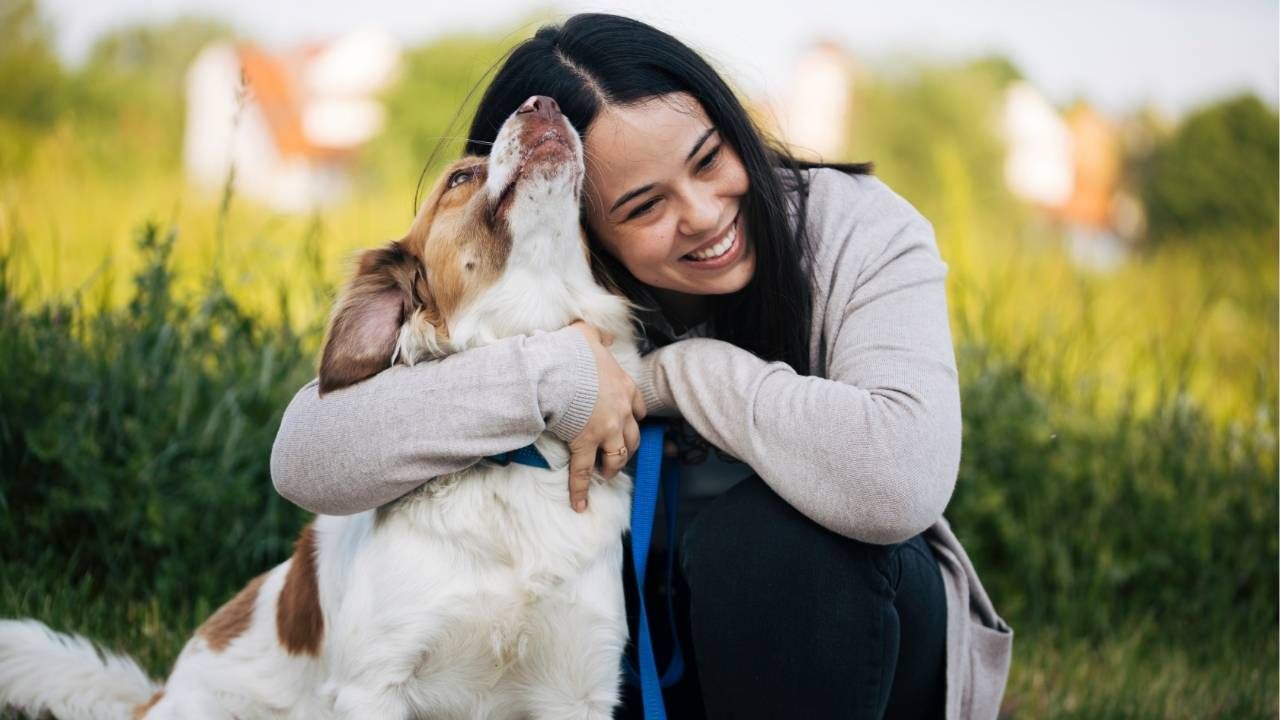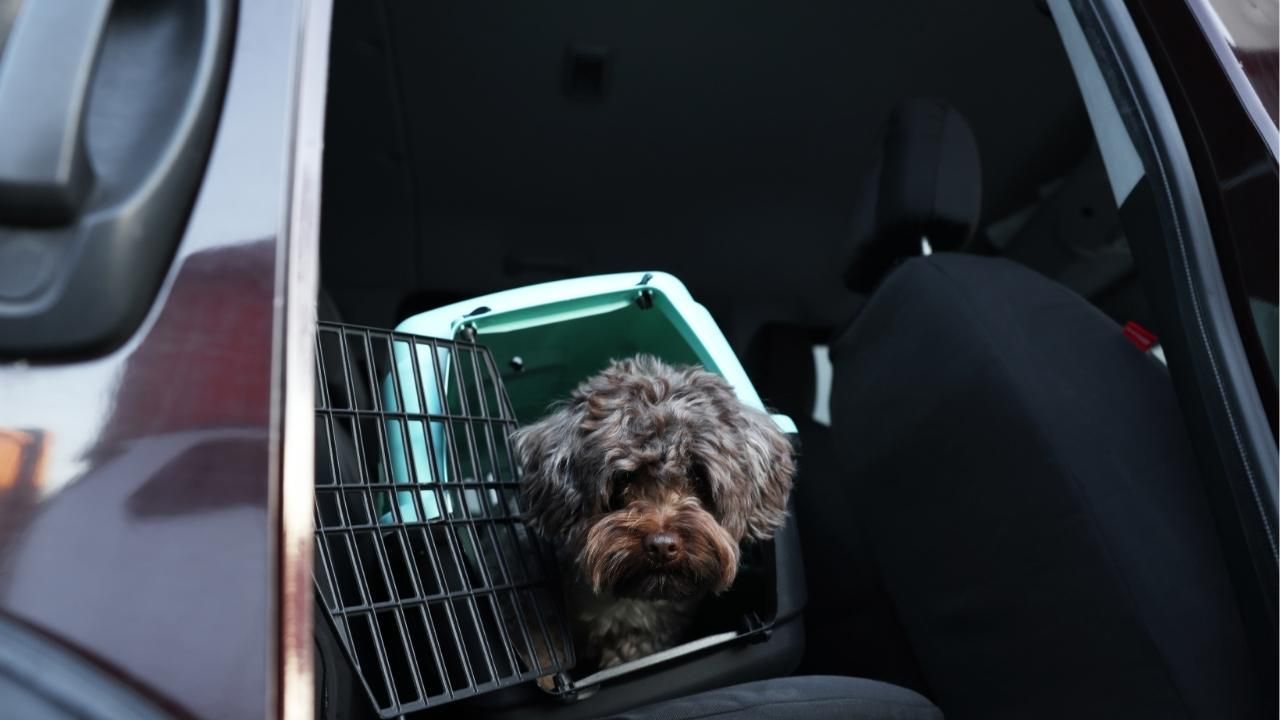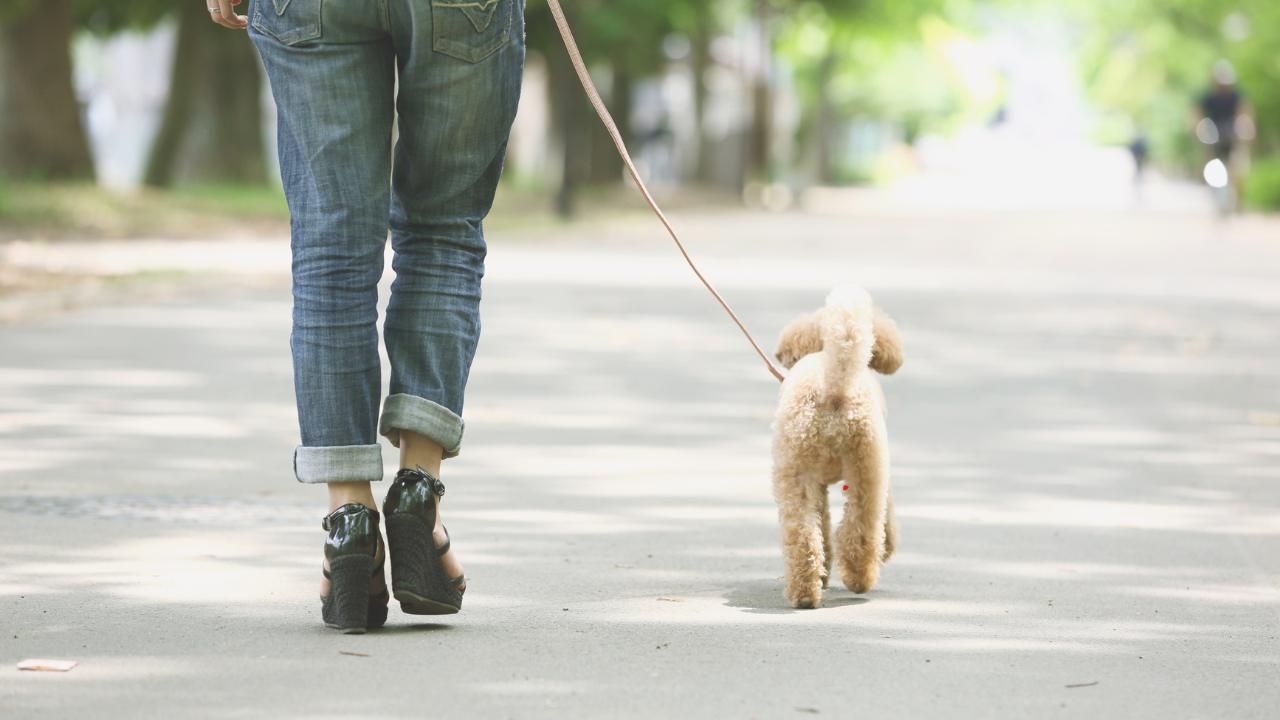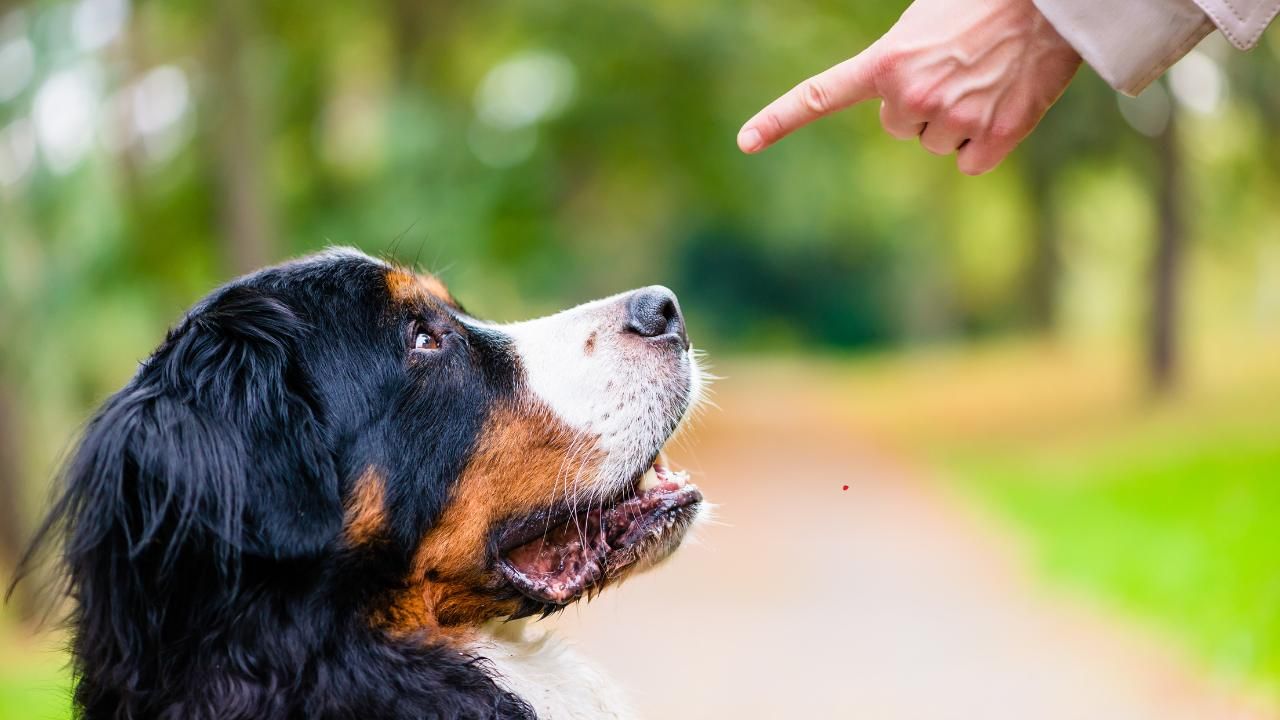Vaccination Schedule for Puppies: What You Need to Know

Nothing is more joyful than bringing a new puppy home — those floppy ears, wiggly tails, and big soulful eyes are irresistible. But in all the excitement, it’s easy to overlook one of the most important parts of caring for your new best friend: vaccinations. These tiny shots can make a huge difference in protecting your pup’s health and giving them the best possible start in life.
In this post, you’ll learn why vaccines matter, what a typical puppy vaccination schedule looks like, and how to keep your puppy on track for a lifetime of good health.
Why Vaccines Are So Important
Puppies are naturally vulnerable. Their immune systems aren’t yet strong enough to fight off many contagious — and sometimes deadly — diseases. That’s where vaccines come in. They help your puppy develop immunity without having to get sick first.
Key benefits of puppy vaccination include:
- Protection from dangerous viruses like parvo and distemper
- Reduced risk of severe illness and costly vet bills
- A healthier puppy with fewer interruptions to their socialization and training
If you’ve been researching Bernedoodle puppies for sale in Arizona, for example, you should make sure your breeder has already started the first rounds of vaccines. Reputable breeders often include a vaccination record with their puppies to help you stay on schedule.
The Recommended Puppy Vaccination Schedule
Here’s a simple breakdown of the core vaccines your puppy will likely need, and when they should get them.
6–8 weeks old
- Distemper
- Parvovirus
- Hepatitis
- Parainfluenza
10–12 weeks old
- DHPP booster (Distemper, Hepatitis, Parainfluenza, Parvovirus combined)
- Possible Bordetella (kennel cough) depending on lifestyle
14–16 weeks old
- DHPP booster
- Rabies (required by law in many states)
12–16 months old
- DHPP booster
- Rabies booster
From there, your veterinarian will guide you on a yearly or triennial vaccination schedule depending on your puppy’s risk and lifestyle.
Customizing Vaccines for Your Puppy’s Lifestyle
While core vaccines protect against the most dangerous threats, there are additional options that might make sense for certain breeds or regions. For example, if you hike with your pup or visit areas with ticks, your vet might recommend a Lyme disease vaccine. Similarly, Leptospirosis vaccination can be useful in rural or wooded environments.
It’s best to have a candid conversation with your veterinarian. They’ll help you weigh the risks and decide what makes sense based on:
- Your puppy’s breed
- Travel plans
- Exposure to other animals
- Your local climate and disease prevalence
A Quick Case Study
Emma adopted a Goldendoodle from a local breeder, who had provided her first two rounds of puppy shots. At her first vet visit, Emma learned that her new puppy needed a rabies vaccine and a DHPP booster within the next month to stay protected. Sticking with the schedule, Emma kept her pup healthy and gave her the confidence to start puppy classes without worrying about exposure to dangerous illnesses.
Final Thoughts
Puppy vaccines aren’t just about ticking off a list — they’re about protecting your new family member from day one. Sticking to a clear, veterinarian-approved schedule sets your puppy up for a long, happy, and healthy life.
If you’re in the early stages of searching for your perfect puppy, remember to ask breeders like Doodling Pups, LLC for vaccination records before you bring them home. Whether you’re drawn to Bernedoodles, Goldendoodles, or other breeds, vaccinations will be an essential part of your puppy’s journey.
Ready to give your new puppy the healthiest start possible? Schedule your first vet visit and make sure you’re following the vaccination plan that’s best for your furry friend. Contact us today for more information!














